Description
Bifidobacterium species are Gram-positive, anaerobic, Y- or rod-shaped bacteria that naturally colonize the human gastrointestinal tract, especially in infants. They are among the first beneficial microbes to appear in the gut and play a vital role in maintaining digestive and immune health.
Key Features and Functions:
-
Ferment carbohydrates to produce lactic and acetic acids, lowering gut pH and inhibiting pathogens
-
Support immune function by modulating inflammation and enhancing immune cell activity
-
Promote digestion by breaking down complex fibers and human milk oligosaccharides (especially in infants)
-
Maintain gut barrier integrity and microbial balance
Common Species:
-
Bifidobacterium longum – Supports digestion, immune health, and reduces inflammation
-
Bifidobacterium bifidum – Found in infants; helps digest milk and prevent infections
-
Bifidobacterium infantis – Specializes in breaking down breast milk; important in early life
-
Bifidobacterium breve – Aids in fiber fermentation and may reduce allergy and eczema risk
-
Bifidobacterium animalis (subsp. lactis) – Used widely in probiotics; improves gut regularity
These species are commonly included in probiotic supplements and fermented foods for their health-promoting benefits.
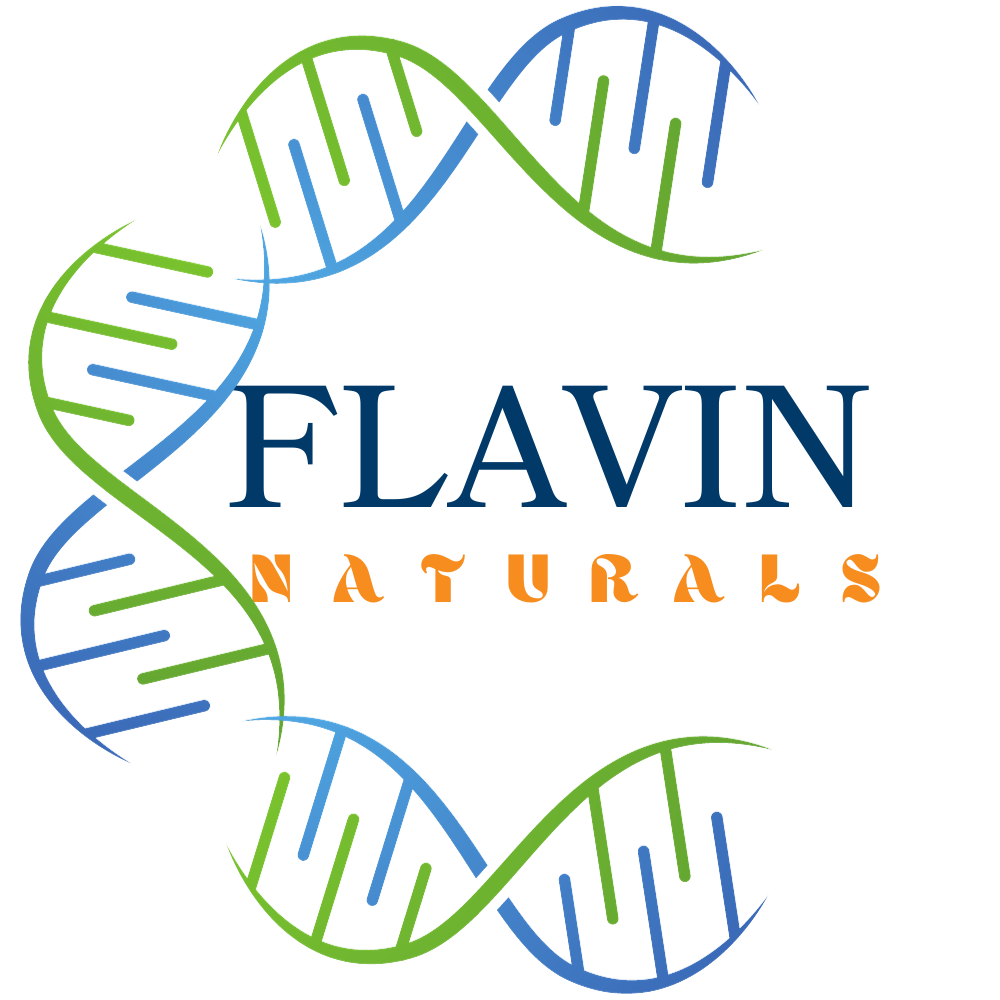
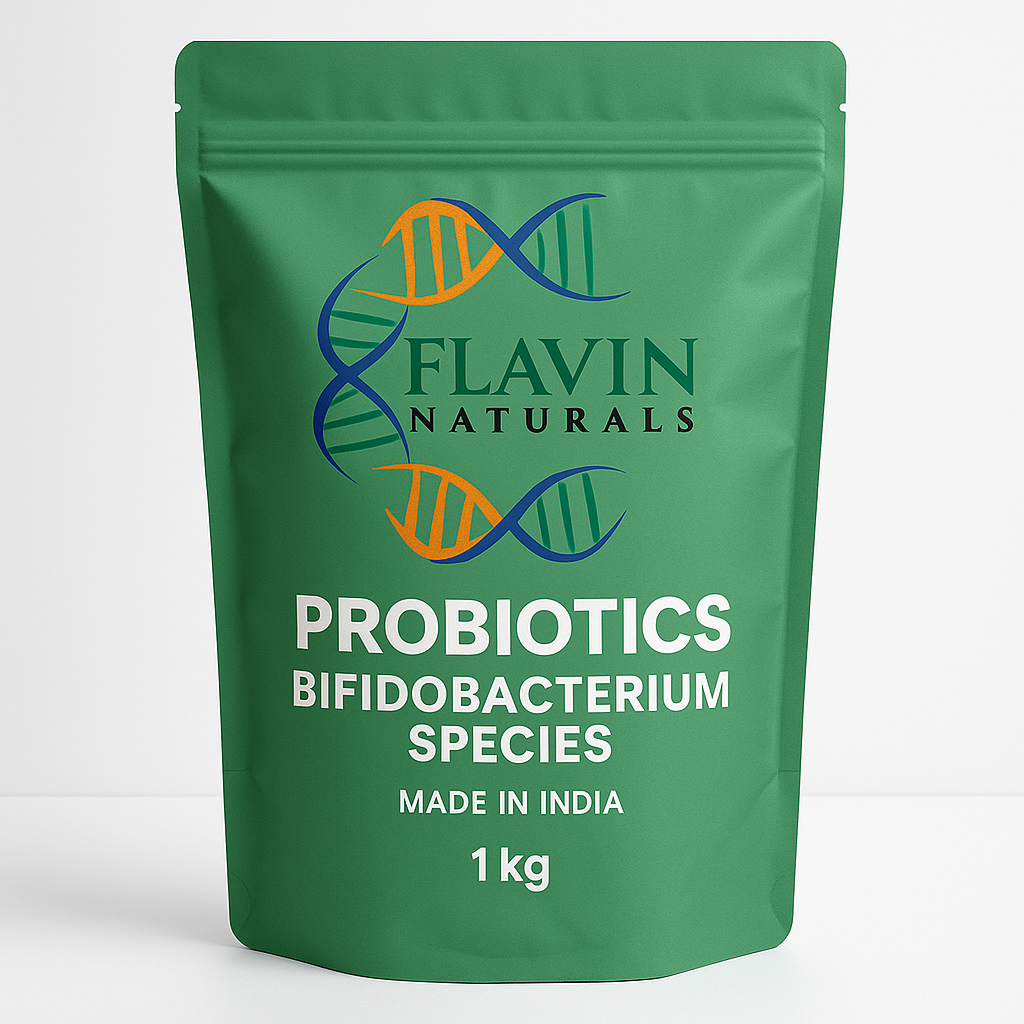
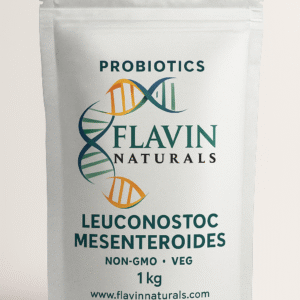
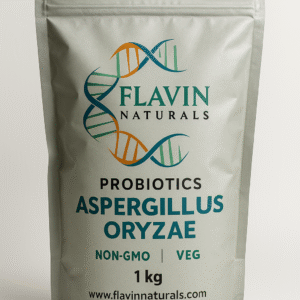
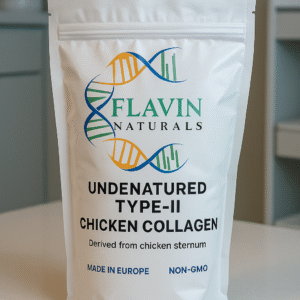
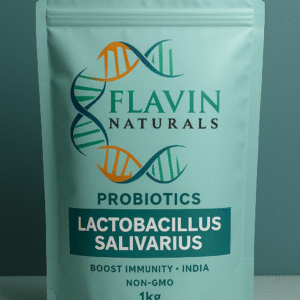

Reviews
There are no reviews yet.